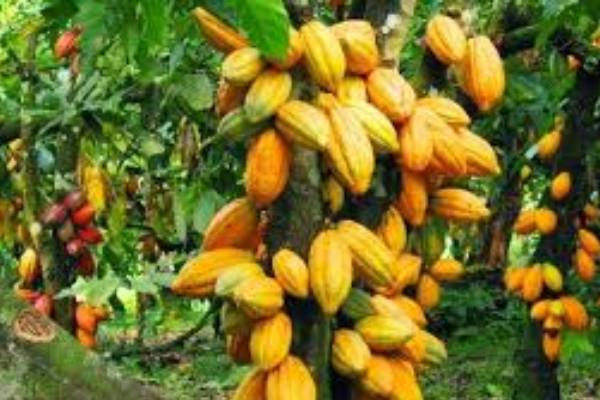Nigeria’s economy is recording unprecedented gains from the global surge in cocoa prices, with export receipts hitting an all-time high in the first quarter of 2025.
According to the H2 2025 Norrenberger Economic Outlook, cocoa exports rose by 220 per cent year-on-year to N1.23 trillion, up from N384.1 billion in the same period of 2024.
The report described this as “the highest quarterly cocoa export revenue ever recorded in the country,” driven by both elevated international prices and stronger export volumes.
Analysts noted that the development further reinforces cocoa’s role as a strategic contributor to Nigeria’s external sector at a time when the government is seeking to diversify away from oil.
The boom has been fuelled by supply shortages in Côte d’Ivoire and Ghana—the world’s top producers—where adverse weather, the spread of cocoa swollen shoot virus, and falling inventories disrupted global supply chains. Speculative trading worsened volatility, sending New York futures contracts to over $12,000 per tonne and London prices above $11,600 by December 2024.
Although prices corrected sharply by March 2025, falling by more than 30 per cent to below $8,000 per tonne, they rebounded in mid-year to between $9,000 and $9,800 per tonne, with some spot prices briefly topping $12,000. By the end of June, prices had eased to $8,101—still 20 per cent higher than a year earlier.
Norrenberger said the record earnings are already strengthening Nigeria’s economic resilience. “As one of the country’s most valuable non-oil exports, cocoa provides a vital stream of foreign exchange at a time when oil revenues remain vulnerable to global price fluctuations and domestic production constraints,” the report stated.
The additional inflows are helping narrow Nigeria’s current account deficit, reduce dependence on oil inflows, and support the Central Bank of Nigeria’s efforts to stabilise the naira.
At the grassroots level, increased earnings are also filtering into rural communities, stimulating local economies, creating jobs, and reinforcing agricultural value chains.
However, the report warned that the sustainability of the cocoa boom remains in doubt.
Challenges such as ageing trees, poor access to finance, and weak infrastructure continue to hamper productivity.
It also urged greater investment in local processing to boost value addition, expand revenues, and create industrial jobs.
Looking ahead, the International Cocoa Organization (ICCO) projects that the global cocoa market will swing into surplus in the 2024/25 season, with output expected to rise 7.8 per cent to 4.84 million tonnes while demand contracts by 4.8 per cent to 4.65 million tonnes.





